Do you feel lost while navigating through the ups and downs of life? Philosophers have pondered about life for ages and have found solutions that can help us transform our lives.
Here are some of the most interesting philosophical concepts that you must know about to figure out what “life” actually means.
What are philosophical concepts?
Ever wondered about your purpose in life? Or even what is the true meaning of this life? These are basic questions that most of us ask ourselves but never seem to find the answer to.
As we traverse through incessant challenges of life, we become more curious about our purpose and the true essence of life. However, the answers to these questions can be only found when we turn towards philosophy, a truly fascinating and interesting field of study.
Philosophical concepts are abstract ideas or theories that are studied and analyzed within the field of philosophy. They are often used to examine and explain fundamental questions about the nature of reality, knowledge, morality, and human existence. It can include ideas such as –
- Free will
- Determinism
- Justice
- Ethics
- Epistemology
- Metaphysics
- Existentialism
- Many others
These concepts can be complex and multifaceted, and philosophers often debate and refine their meanings and implications over time.
By understanding and engaging with philosophical ideas, we can gain insight into the deeper questions & complexities of human experience and the world around us.
Related: What Is The Point Of Life? The Answer Is Not What You May Think It Is
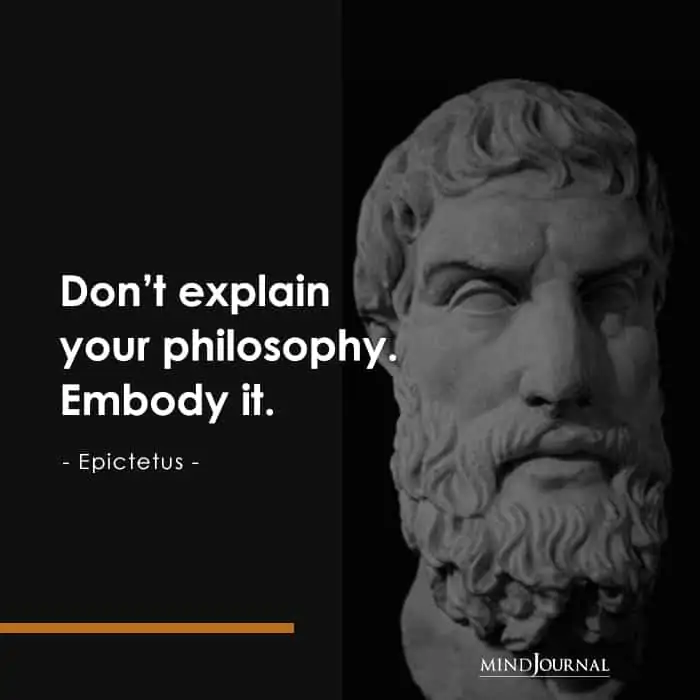
10 Basic concepts of philosophy you should know
Want to upgrade your life with the help of philosophical concepts? Here is a list of philosophical concepts that everyone should learn about regardless of their circumstances –
1. Solipsism
Solipsism is a philosophical concept that holds that the self is the only thing that can be known or verified to exist.
According to solipsism, it is impossible to know anything about the external world, including the existence of other people or objects, because all knowledge is ultimately derived from one’s own consciousness or subjective experience.
In other words, solipsism asserts that only the individual’s own mind and its contents is certain, and everything else is either uncertain or mere speculation.
It is the idea that one’s own mind is the only thing that can be truly known, and that external reality may be an illusion or a product of one’s own consciousness.
Solipsism is often considered an extreme form of skepticism and many philosophers reject solipsism, arguing that it is incompatible with the evidence and experience of the world around us.
2. Nihilism
Nihilism is a philosophy that rejects basic facets of the human experience such as religious principles, knowledge, meaning, values, morality and objective truth. It is the idea that life and existence have no intrinsic purpose, and that values and beliefs are mere human inventions with no objective basis.
Nihilists often view traditional moral, social, and religious systems as illusory or arbitrary, and advocate for radical skepticism and rejection of authority.
Nihilism has been explored by philosophers, writers, and artists throughout history, and has been associated with movements such as existentialism and postmodernism.
However, nihilism is often criticized for its potential to lead to despair, apathy, and nihilistic behavior. Hence, many philosophers argue that it is an incomplete and ultimately unsatisfactory worldview.
Related: Wu Wei: The Ancient Chinese Philosophy Of ‘Effortless Action’
3. Plato’s Theory of Forms
Also known as the Theory of Ideas, Plato’s Theory of Forms is a philosophical concept which proposes that our physical world is not as true or real as absolute, established and everlasting ideas.
Referred to as “Ideas” or “Forms”, these ideas are the non-physical essences of all things, and the physical world merely consists of imperfect copies or imitations of these Forms.
Plato’s characters in his dialogues, particularly Socrates, suggest that studying these Forms is the only way to gain knowledge.
Plato’s Theory of Ideas asserts that abstract ideas or concepts, rather than physical objects, are the true reality. According to Plato, the Forms are eternal and unchanging, and they exist in a realm beyond the physical world.
For example, the concept of beauty exists as a perfect Form, and physical objects that are considered beautiful are simply imperfect copies of this ideal.
Plato believed that knowledge and understanding could only be gained through a direct apprehension of these Forms, and that the material world was an imperfect and transient reflection of the perfect realm of Forms.
4. Existentialism
Existentialism is a philosophical movement that originated from the works of philosophers Søren Kierkegaard and Friedrich Nietzsche & novelist Fyodor Dostoevsky.
It emphasizes individual freedom, choice, and responsibility in the face of the inherent uncertainty and meaninglessness of human existence.
Existentialists argue that humans must create their own meaning and purpose in life, as there is no inherent meaning to be found in the universe or through religion or tradition.
Existentialism is often associated with the ideas of anxiety, alienation, and despair, as individuals confront the possibility of their own mortality and the absurdity of the human condition. The movement has had a profound influence on literature, art, psychology, and popular culture.
Related: Sohwakhaeng: The Korean Philosophy Of Small But Certain Happiness
5. Theodicy: Vindication of God
Theodicy is the philosophical and theological attempt to reconcile the existence of evil or suffering in the world with the belief in a benevolent and omnipotent God.
It seeks to answer the question of how a loving God can allow evil to exist, and offers various arguments and explanations to justify God’s actions or the ways in which evil can coexist with a good God.
“Theodicy is the intellectual defense of God in the face of evil and suffering,” explains a study. To vindicate God, this philosophical theory posits different arguments such as the free will defense which argues that evil exists because humans have the free will to choose between good and evil.
Other arguments include the soul-making defense which posits that suffering is necessary for human growth and development, and the greater good defense which suggests that God allows evil for the sake of a greater good.
Theodicy has been a topic of debate and discussion for centuries, with many philosophers and theologians offering their own perspectives on the issue.
Ultimately, the question of how a loving God can allow evil and suffering remains a complex and deeply philosophical inquiry that continues to challenge our understanding of God and the nature of the world we live in.
6. Stoicism
Probably one of the most well-known philosophical concepts out there, Stoicism is a school of philosophy founded in Athens by Zeno of Citium in the early 3rd century BC.
It is a philosophy of personal ethics that emphasizes the development of self-control, rationality, and detachment from external circumstances.
Stoics believe that happiness and inner peace can be achieved through the practice of virtue and the acceptance of the natural order of things. They advocate for living in accordance with reason and the virtues of wisdom, courage, justice, and temperance.
Stoicism teaches that we should focus on what we can control, and not worry about what is beyond our control. This includes our thoughts, feelings, and actions. We should strive to be indifferent to pleasure and pain, and to cultivate a sense of calm in the face of adversity.
Stoics also believe in the interconnectedness of all things, and the importance of living in harmony with nature.
Related: 10 Healthy Ways To Get Through Difficult Times (Insights From Stoic Philosophy)
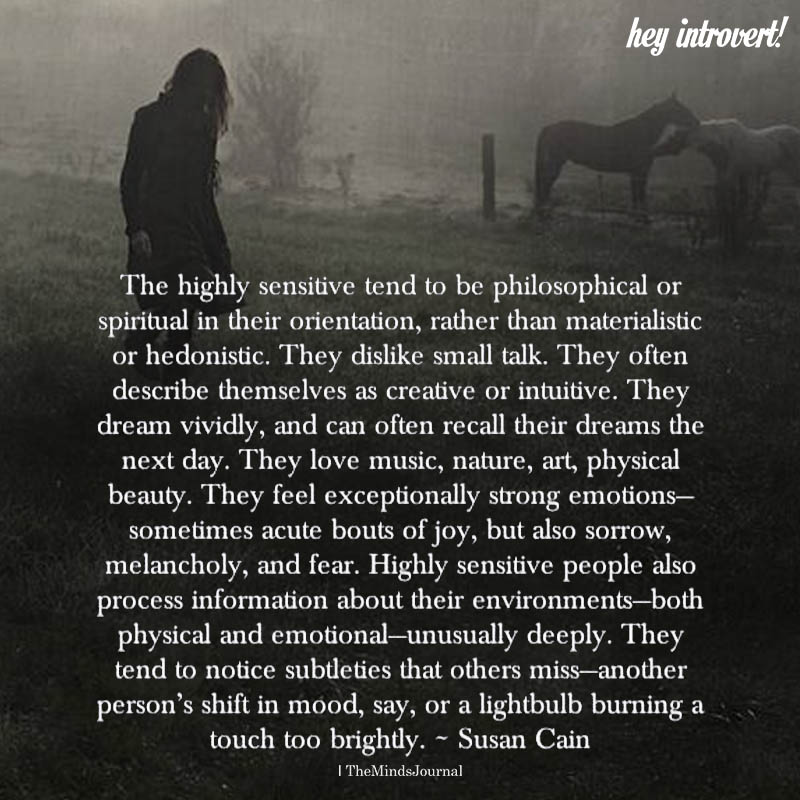
7. Ethical relativism
Also known as moral relativism, this philosophical notion proposes that there is no universally applicable set of moral principles. It advocates for a subjective approach to morality where everyone is free to define their own values and beliefs.
It rejects universal or absolute moral principles and promotes individual choice as moral values and judgments are relative to cultural, historical, and personal factors.
Moral relativists argue that morality is a human construct, and that it varies from individual to individual. They believe that moral values are shaped by factors such as religion, social norms, and personal experiences, and that there is no objective standard by which to judge them.
This perspective embraces the notion that every individual is entitled to their own unique ethical compass, and is therefore highly individualistic.
Proponents of moral relativism commonly adopt the maxim “to each their own,” and assert that it is not their place to pass judgment on the moral beliefs of others.
While ethical relativism can be interpreted and implemented in various ways, it has been criticized for potentially leading to moral skepticism or moral nihilism, as well as for its implications for moral responsibility and social cohesion.
8. Cogito Ergo Sum (I Think, Therefore I Am)
Cogito Ergo Sum, or “I think, therefore I am,” is a philosophical statement first introduced by French philosopher René Descartes in his Meditations on First Philosophy. It is a central concept in Descartes’ philosophy and marks a turning point in Western philosophy.
Descartes argues that since he can doubt everything, including his own existence, he must exist as the doubting subject.
He then asserts that the act of doubting requires a thinking subject, and therefore he concludes that the very act of thinking proves his existence. This is encapsulated in his famous statement, “I think, therefore I am.”
Cogito Ergo Sum has become one of the most well-known and influential philosophical concepts in history, inspiring debates and discussions on the nature of the self, the role of reason, and the limits of knowledge.
It is often seen as a starting point for modern concept of philosophy, as it emphasizes the importance of individual thought and critical inquiry in the pursuit of knowledge and understanding.
Related: Be Like Water: Bruce Lee’s Philosophy Of Resilience
9. Hedonism
Hedonism is a philosophical school of thought that emphasizes pleasure as the ultimate goal of life. It holds that pleasure is the only intrinsic good and pain is the only intrinsic evil.
Hedonists believe that the pursuit of pleasure and the avoidance of pain should guide all human action and decision-making.
This includes both physical and mental pleasure, as well as immediate and long-term pleasure.
Hedonism has been criticized for its potential to lead to a self-centered and short-sighted worldview, as well as for its limited understanding of the complexities of human experience and morality.
10. Logical Positivism
Logical positivism is a philosophical movement that emerged in the early 20th century, primarily in Vienna and Berlin. It holds that the only meaningful statements are those that can be verified through empirical evidence or logical analysis.
Logical positivists reject metaphysics and other philosophical disciplines that cannot be grounded in empirical or logical methods.
They seek to create a scientific approach to philosophy, based on the methods of natural science. Logical positivism had a significant impact on philosophy, particularly in the fields of epistemology and the philosophy of science.
However, it has been criticized for its narrow focus and for the difficulty of applying its principles to areas such as ethics and aesthetics.
Related: The Epicurean Philosophy: How To Be Happy and Seek Pleasure
Philosophy encourages you to question everything

Did you know that philosophy promotes critical thinking and encourages us to ask questions? It teaches us to approach problems and situations with an open and analytical mind, challenging preconceived notions and seeking a deeper understanding of the world.
It encourages us to examine the foundations of our beliefs, challenge our biases, examine the foundations of our beliefs and consider alternative viewpoints. Philosophy inspires us to think for ourselves, to seek truth, and to engage in the pursuit of knowledge and understanding.
These ten interesting philosophical concepts provide a glimpse into the diverse and complex world of philosophical thought. While these concepts only scratch the surface of the vast field of philosophy, they offer a starting point for exploring some of the most significant ideas in human history.
Whether we’re contemplating the nature of reality, the role of morality, or the limits of knowledge, philosophy continues to inspire us to question, explore, and seek a deeper understanding of the world around us.
Related: Equanimity: The Buddhist Philosophy For Cultivating Wisdom and Compassion
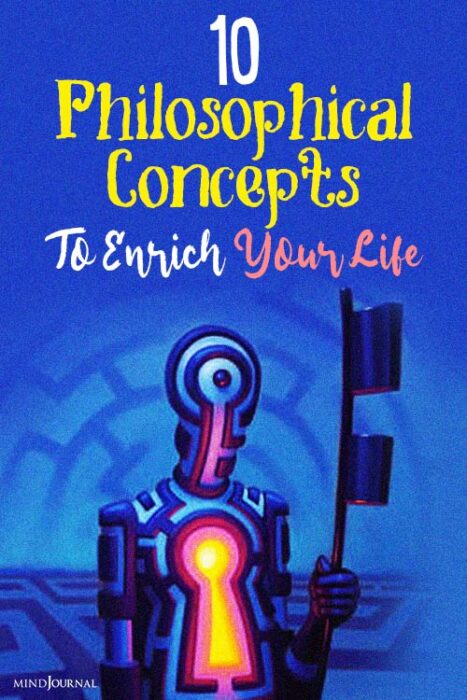
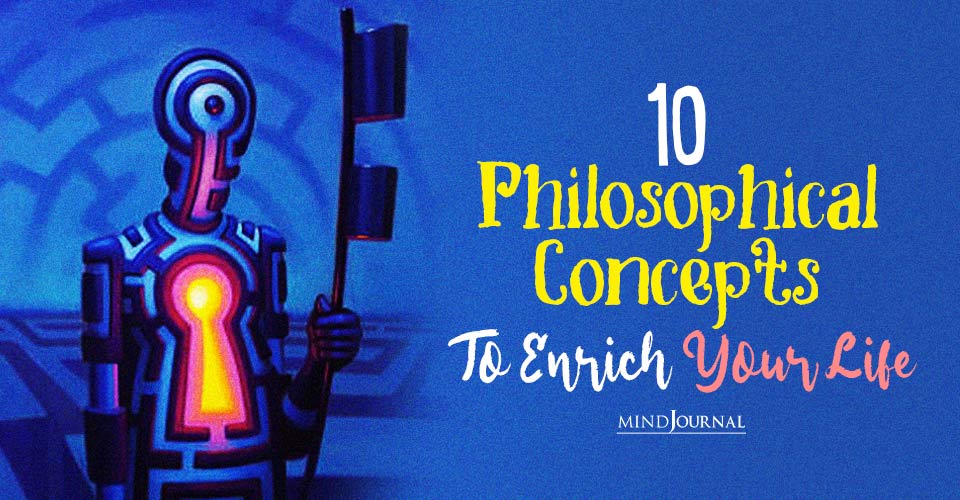
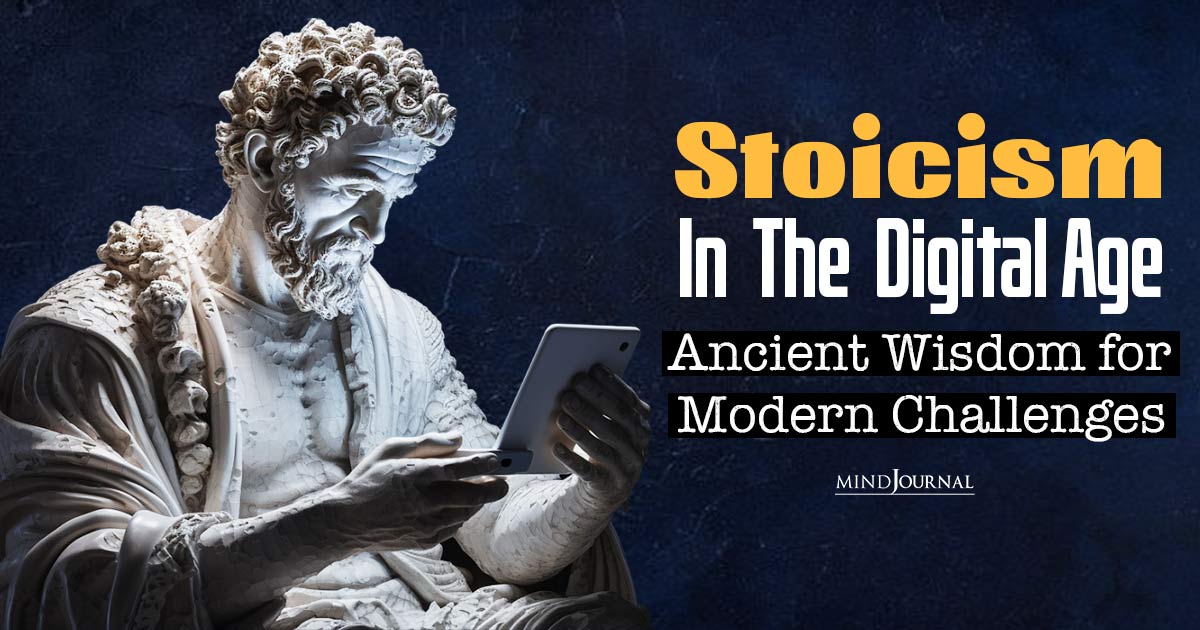


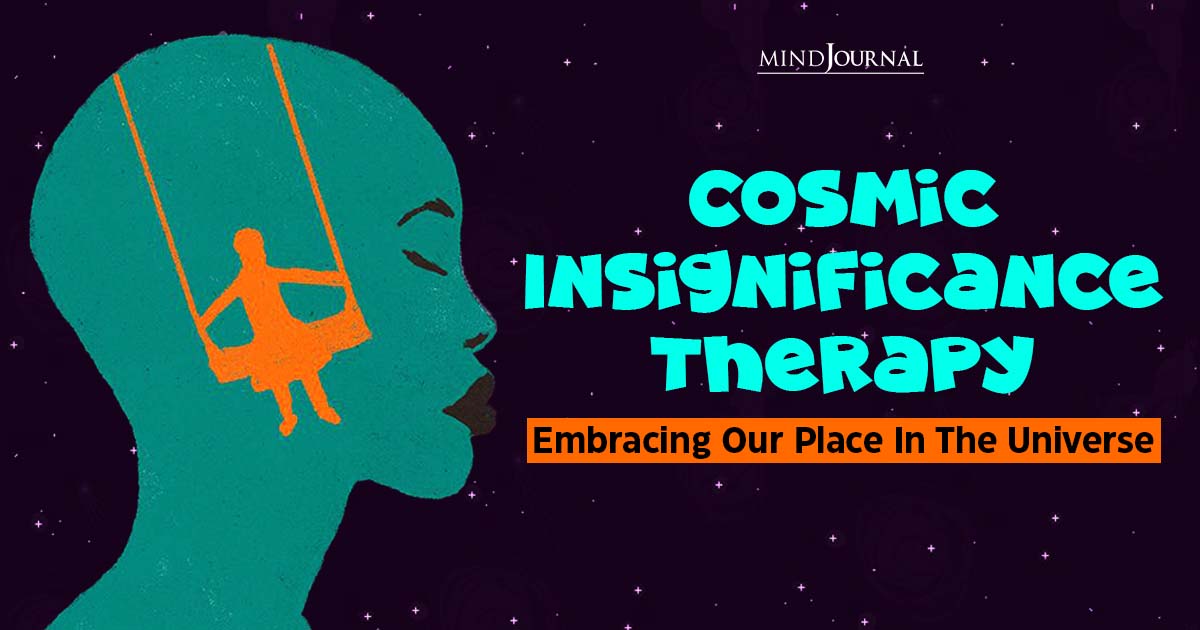
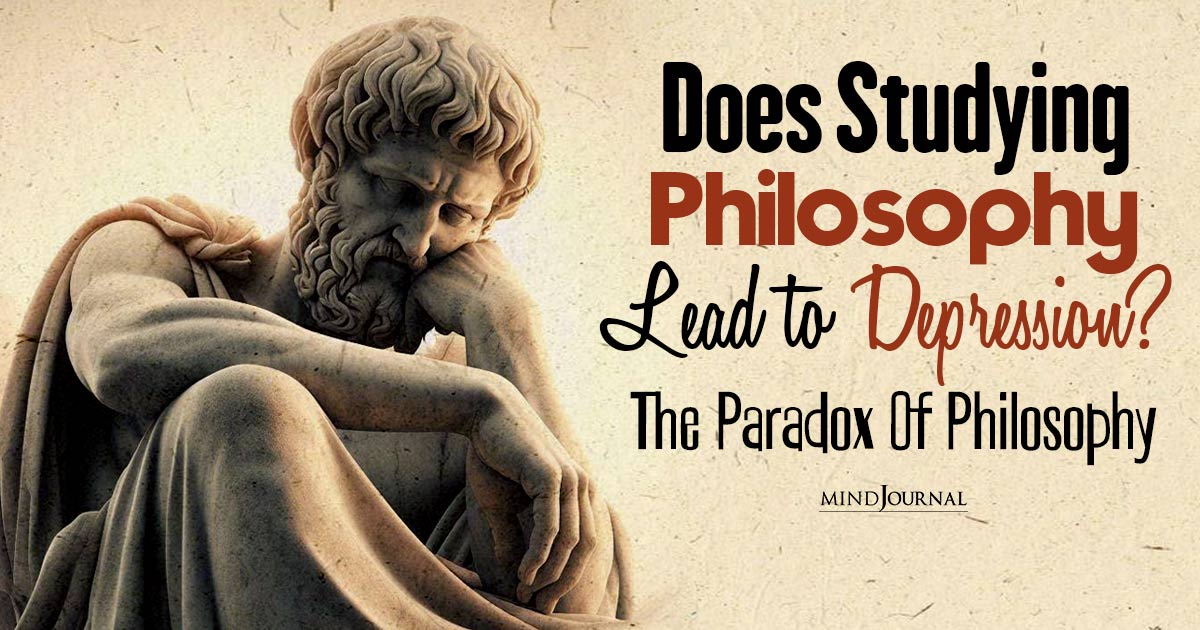
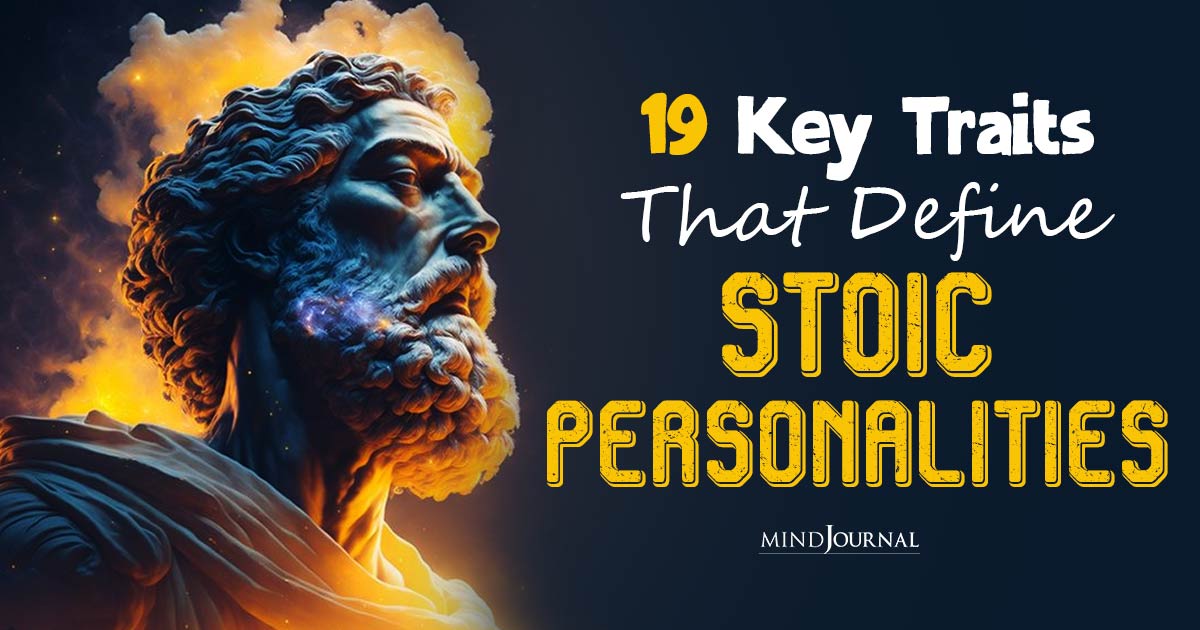

Leave a Reply
You must be logged in to post a comment.